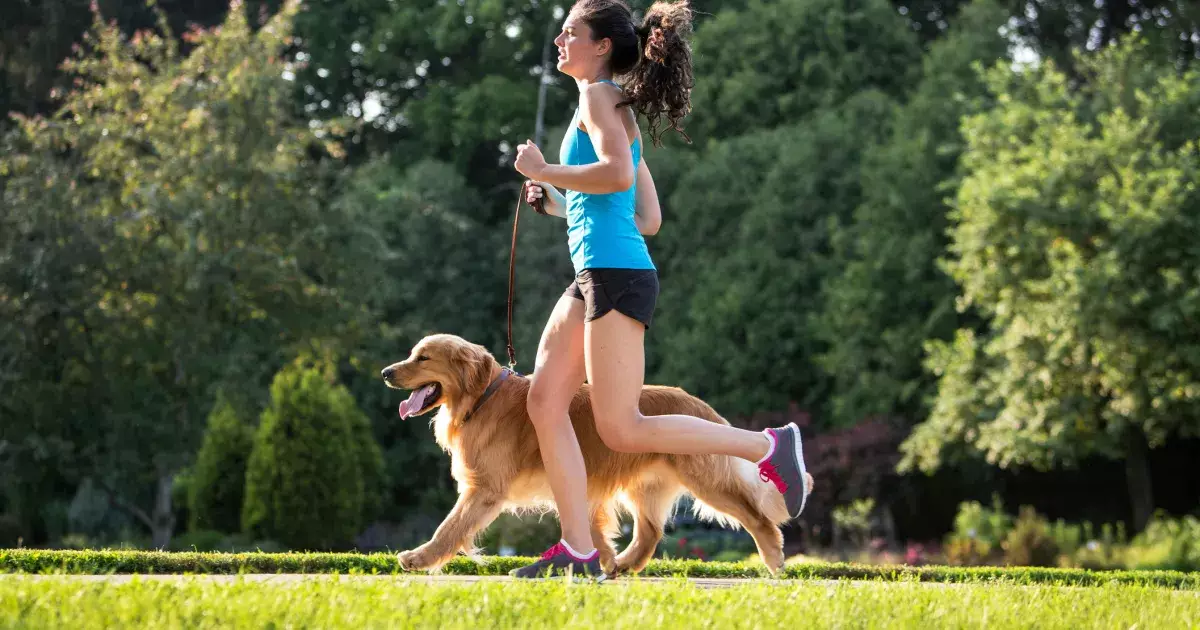When it comes to pet care, spaying and neutering are among the most critical responsibilities taken on by dog owners. These procedures come with numerous health benefits, such as reduced aggression, decreased likelihood of certain diseases, and an overall enhanced lifespan. However, an often-overlooked consequence of these procedures is the potential for weight gain, particularly if not managed carefully post-surgery. In this article, we will delve deeper into the implications of weight management for dogs following spay or neuter operations and how pet owners can ensure their furry friends maintain a healthy weight.
The link between spaying/neutering and weight gain is well-documented. Research shows that particularly in larger dog breeds, neutering can significantly increase the propensity for weight gain, with some studies suggesting that castration can triple this risk. The hormonal changes resulting from the removal of reproductive organs contribute to a decreased ability to regulate appetite. As Charlotte Bjornvad, an expert on canine obesity, notes, these hormonal shifts can diminish a dog’s motivation to exercise. Consequently, pet owners must be vigilant; an overweight dog faces a myriad of health risks, including a potentially shorter lifespan of up to two years.
Diet is a fundamental aspect of weight management following spay or neuter surgery. After the procedure, the dog’s caloric needs often change, and it is essential for pet owners to adjust dietary habits accordingly. Many owners may unknowingly engage in unhealthy feeding practices, such as free feeding, where food is left out for the dog to graze on throughout the day. This can lead to overeating. Additionally, excessive human food or table scraps, even if given with good intentions, can be detrimental to a dog’s health.
It’s advisable for pet owners to consult with veterinarians to create a balanced diet tailored to the dog’s new needs. It’s also wise to monitor treat intake closely, especially during training, to ensure those extra calories do not contribute to unwanted weight gain.
Beyond diet, exercise plays a vital role in weight management for spayed or neutered dogs. Regular activity is crucial for maintaining a healthy weight—but it’s equally beneficial for mental stimulation and emotional well-being. Engaging in daily walks or runs can help combat weight gain while strengthening the bond between the pet and its owner.
A variety of activities, such as playing fetch, going for hikes, or even agility training, can promote physical fitness. Pet owners should aim for daily exercise that suits both the dog’s energy level and physical condition.
Educating oneself on the signs of overweight or obesity in dogs is a critical step in post-operative care. A healthy dog’s body should have noticeable muscle tone, and its ribs should be easily palpable without excessive fat covering them. Owners should ensure that their dogs don’t appear overly rounded when viewed from the side or above.
If there are any concerns about your dog’s weight, it is advisable to consult with a veterinarian who can suggest necessary dietary changes or exercise routines to foster a healthier lifestyle. Efficient weight management is not solely about aesthetics; it is crucial for preventing illnesses that can significantly impact a dog’s quality of life.
While the benefits of spaying and neutering dogs are extensive, being a responsible pet owner involves more than just these procedures. Monitoring and managing a dog’s weight after surgery is paramount to ensuring a long, healthy life. By maintaining an appropriate diet, ensuring regular exercise, and recognizing the signs of obesity, pet owners can take proactive steps in their dog’s overall health journey. A commitment to weight management post-surgery is not just a short-term goal—it’s a lifelong responsibility that every pet owner must embrace.

